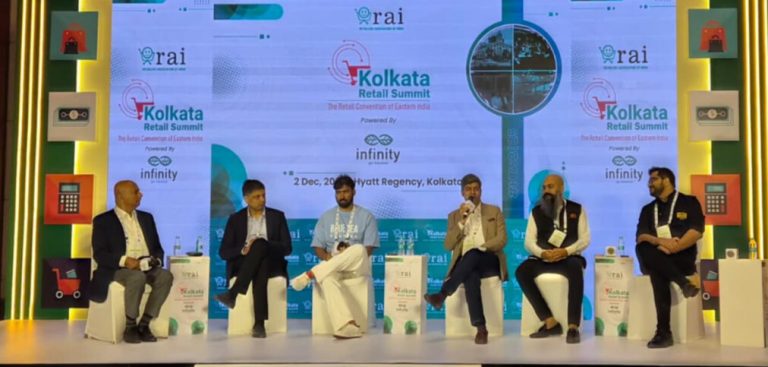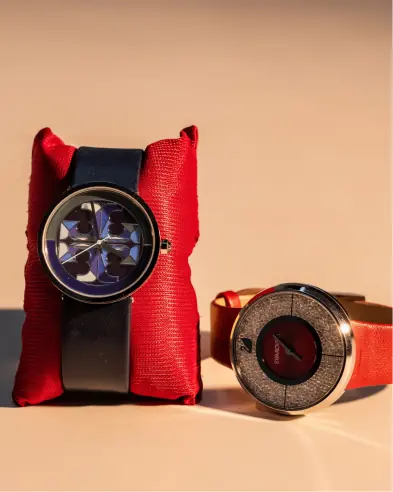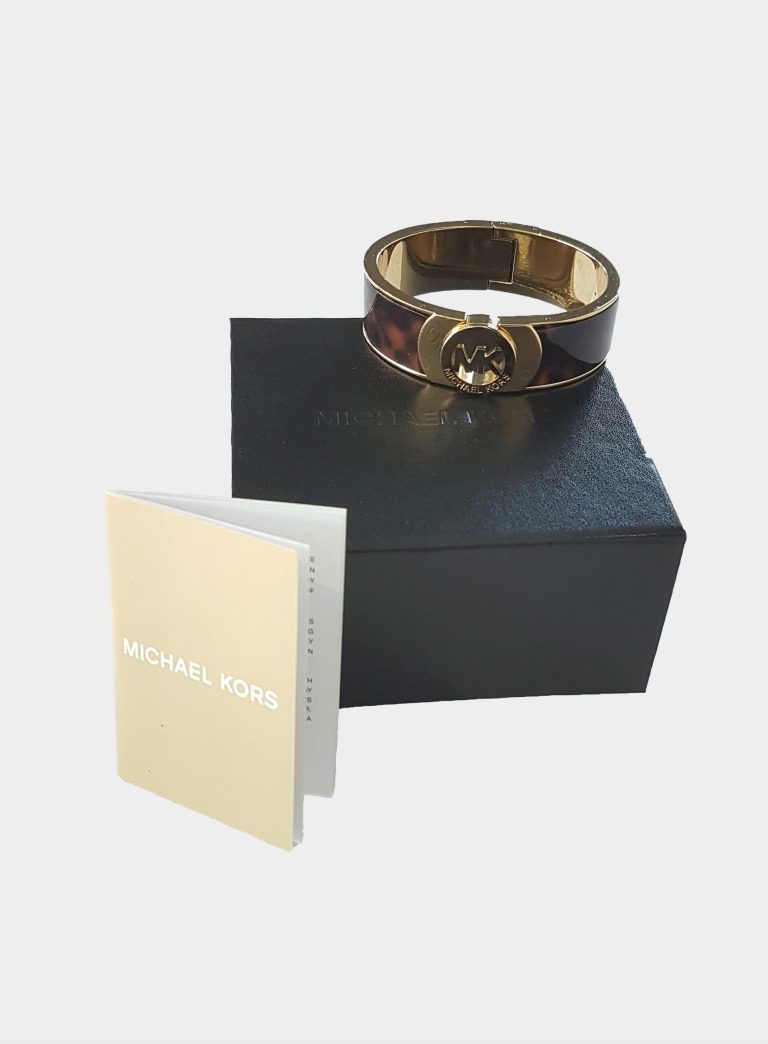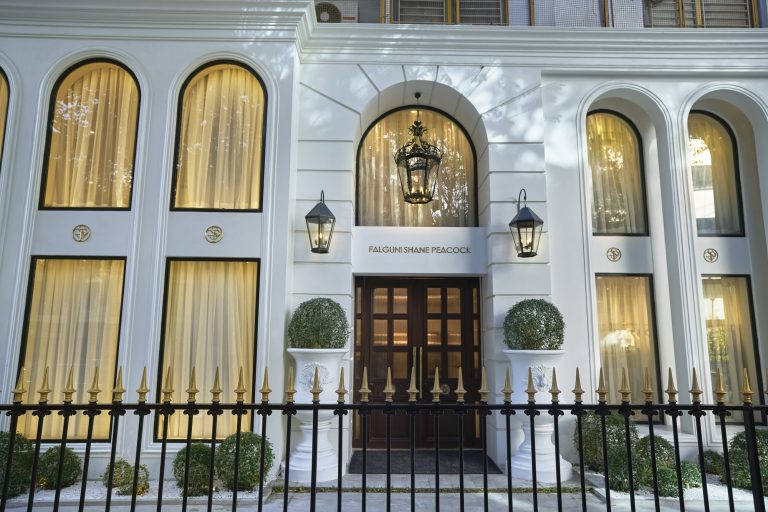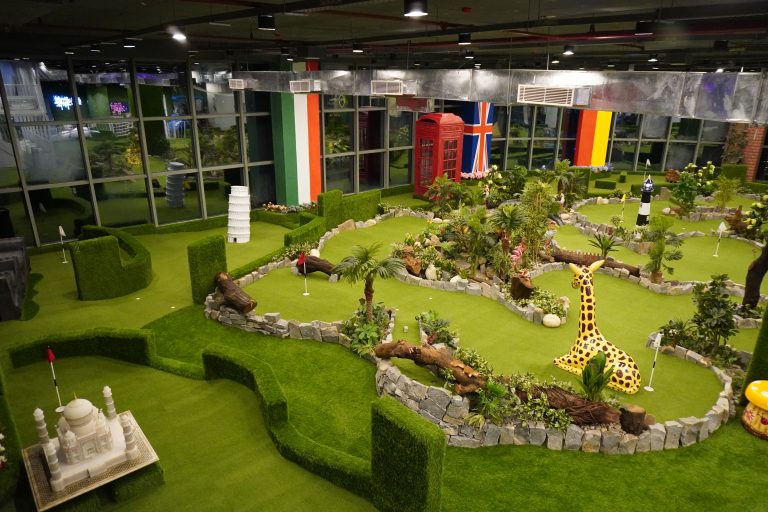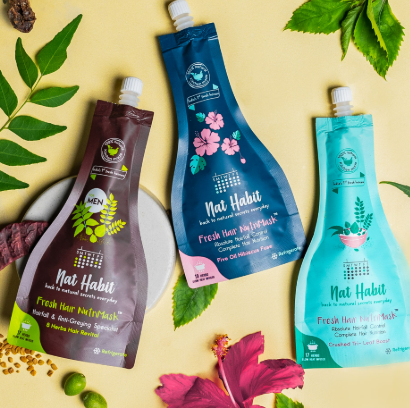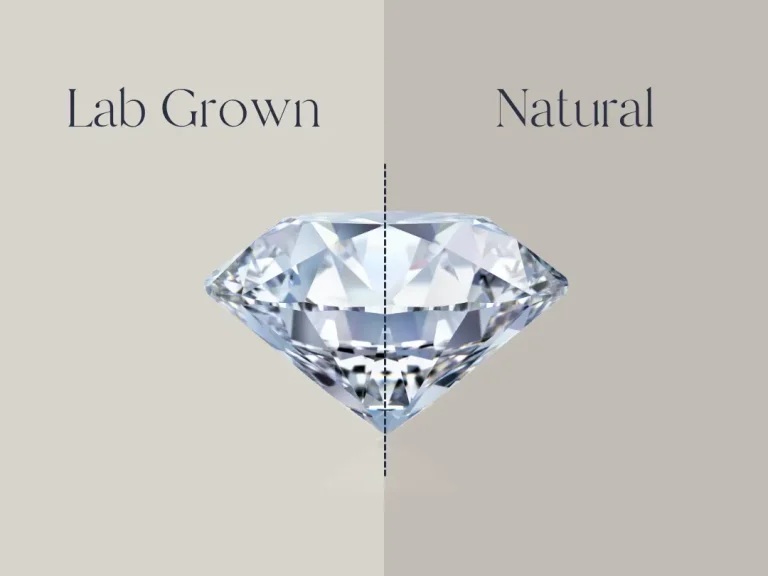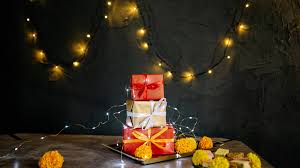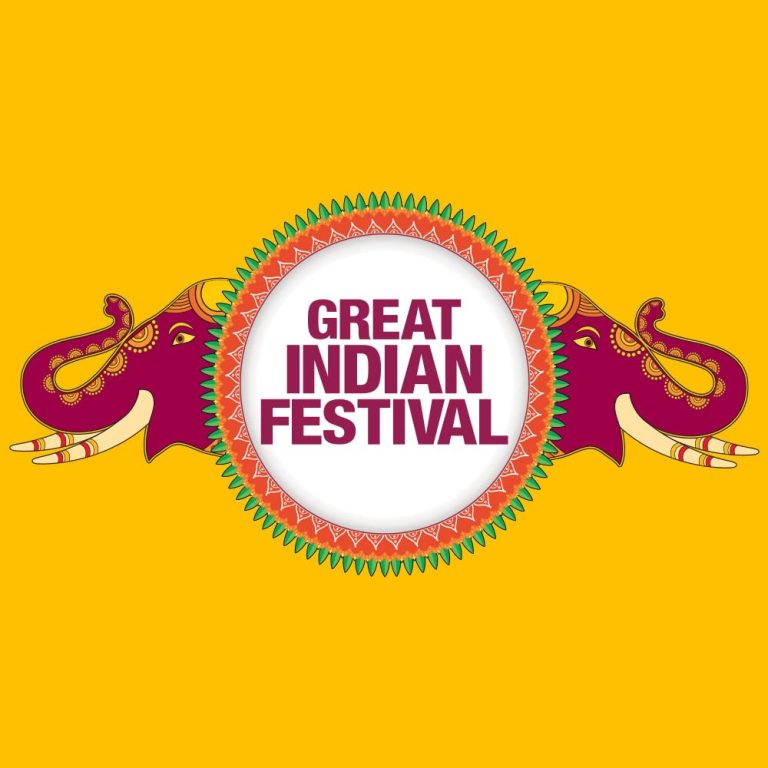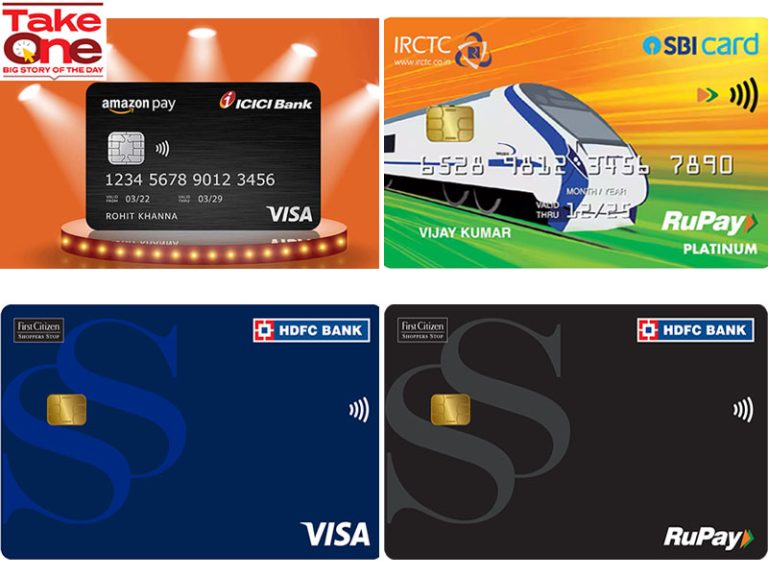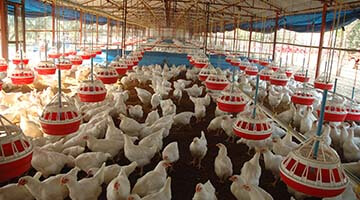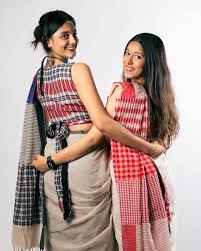Brand Biswa Bangla, is not just where the world meets Bengal, but also reflects the age old saying: ‘What Bengal thinks today, India thinks tomorrow.’
In 2013, Mamata Banerjee, Chief Minister of West Bengal, created and floated the concept of ‘Biswa Bangla Brand’ along with the logo at a Cabinet meeting. Initially, the government planned to revive the micro, small and medium enterprises (MSME) sector. This sector forms a major part of the state’s industrial platform. The concept was to bring together the diverse small industries of the state under one umbrella which would enable better coordination, promotion and marketing of their products, not only within the country but worldwide.
The initiative is aimed at reinvigorating and promoting the state’s handloom and handicraft products. With seven operational stores, the venture clocked a turnover of Rs 15 crore in the first year. Over the next two years, revenue is expected to increase six-fold to about Rs 100 crore.
Biswa Bangla, a retail enterprise established by the micro, small and medium enterprises department of the Bengal government, has decided to promote the art, craft, culture and food of each of the 23 districts of the state through fairs in every district. While the primary objective is to promote the heritage of that particular district, these fairs will give the Biswa Bangla brand, an opportunity to regain the business that it has lost during the pandemic.
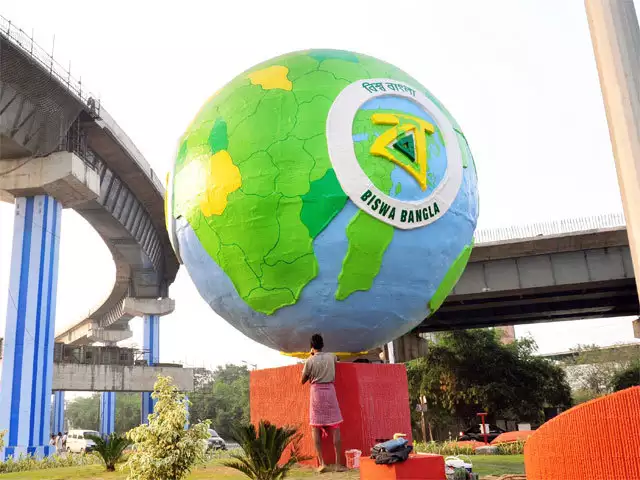
According to Partho Kar, chief consultant to the enterprise, Biswa Bangla is looking at promoting crafts and textiles of different districts to pull in customers post pandemic and open new vistas for artisans in the grassroots.
Some states have evinced interest in the business model of Biswa Bangla and are looking at adopting it. The Rajasthan government has sent a team to Kolkata to study Biswa Bangla’s operations. The principal secretary of Uttar Pradesh’s Khadi & Village Industries has visited Kolkata to see the model and the Odisha government has made some preliminary enquiries.
Among the arts being revived at Biswa Bangla are Indo-Portuguese shawls – each of which takes about six months to embroider – muslin, Darjeeling tea, masks, attar perfumes, Kalimpong cheese, mustard sauce and honey from the Sunderbans.
Initially, the initiative was aimed at reinvigorating and promoting the state’s handloom and handicraft products. Over time, the trademark logo has been used exclusively and extensively from state government advertisements to government-owned buses, making it the most identifiable mark of West Bengal. The Biswa Bangla brand has already conquered foreign shores and its journey continues to tread on virgin lands and expand Bengal’s scope in every sphere. Biswa Bangla is going global. It has opened franchisee outlets starting with China and London. Due diligence of shortlisted store spaces is going on in London through Jones Lang LaSalle, while in Kunming in China’s southern Yunnan province, an agreement is at the legal vetting stage. A market survey has started in Dubai and Biswa Bangla stores are also on the cards in the US and Singapore.
International response to the brand has been encouraging. Biswa Bangla has participated in the London Design Festival and also at the exhibition in the Nehru Centre in London.
According to Partho Kar, chief consultant at Biswa Bangla, it has more than 5,000 products, including a collection of 24 kinds of dolls from various parts of the state. The range is also being expanded with the addition of Bonoloukhi ghee from Shantiniketan and other products that have heritage value, he said.
Alongside, there are special initiatives such as Project Muslin, which is aimed at reviving the fabric and supporting the 800 remaining weavers in the country. The state produces almost 55% of the plain-woven cotton fabric made in India and it was the first export that introduced Bengal to the world. Over the years, this fine fabric lost its market to power loom products.
Muslin products sold at Biswa Bangla stores include handkerchiefs, dhotis, boxer pants, dyeing rolls, bed sheets and clothes for men and women. While the ministry of textiles and the weaver’s service centre are helping to revive the fabric, designers such as Agnimitra Paul, Sharbari Dutta, Abhishek Dutta and brand Monapali are pitching in with their expertise to add value and commercial viability to these products. The pricing for these products ranges from Rs 400 to Rs 25,000, while some premium sarees in this category cost between Rs 70,000 and Rs 1.5 lakh.
“Biswa Bangla is our vision,” said Banerjee. “Bengal is the gateway to the north-eastern states, the neighbouring countries and ASEAN. Bengal is the destination for future industries.”
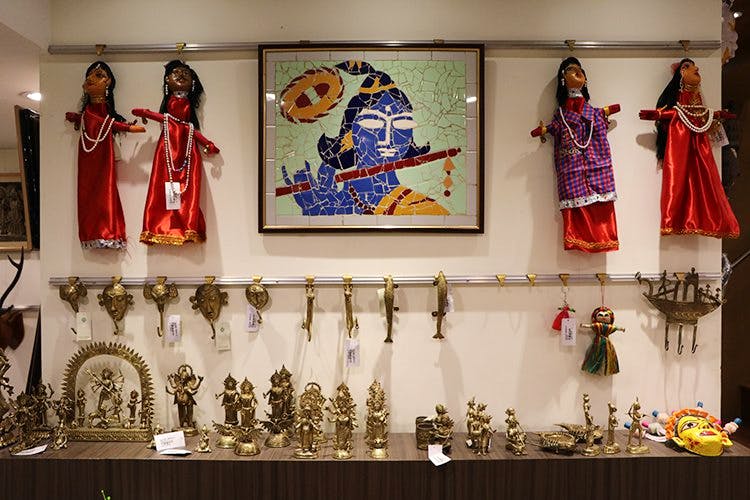
Initially, the initiative was aimed at reinvigorating and promoting the state’s handloom and handicraft products. With seven operational stores under the aegis of Biswa Bangla that came up since 2014, a turnover of Rs 15 crore was recorded in the very first year. Over time, the trademark logo has been used exclusively and extensively from state government advertisements to government-owned buses, making it the most identifiable mark of West Bengal. The Biswa Bangla brand has already conquered foreign shores and its journey continues to tread on virgin lands and expand Bengal’s scope in every sphere. Apart from sustaining arts and crafts, the state government is trying to widen the scope of Biswa Bangla by associating it with brand Bengal. It introduced Biswa Bangla scholarships at the SOAS University of London. The longest road in Kolkata, connecting the airport and the city and passing though Newtown Rajarhat, a satellite township, has been named Biswa Bangla Sarani.
Biswa Bangla awards are given to prominent professionals in the fields of arts and culture, alongside those given to best Durga Pujas globally. More areas may be included in the future, senior government officials said.
The MSME department has created a Rs 200 crore fund that will be used to support individual entrepreneurs who are willing to take up revival projects of any form of the state’s indigenous arts under brand Biswa Bangla. Senior officials at the state MSME department are also considering opening stores in other places with sizeable Bengali populations.
